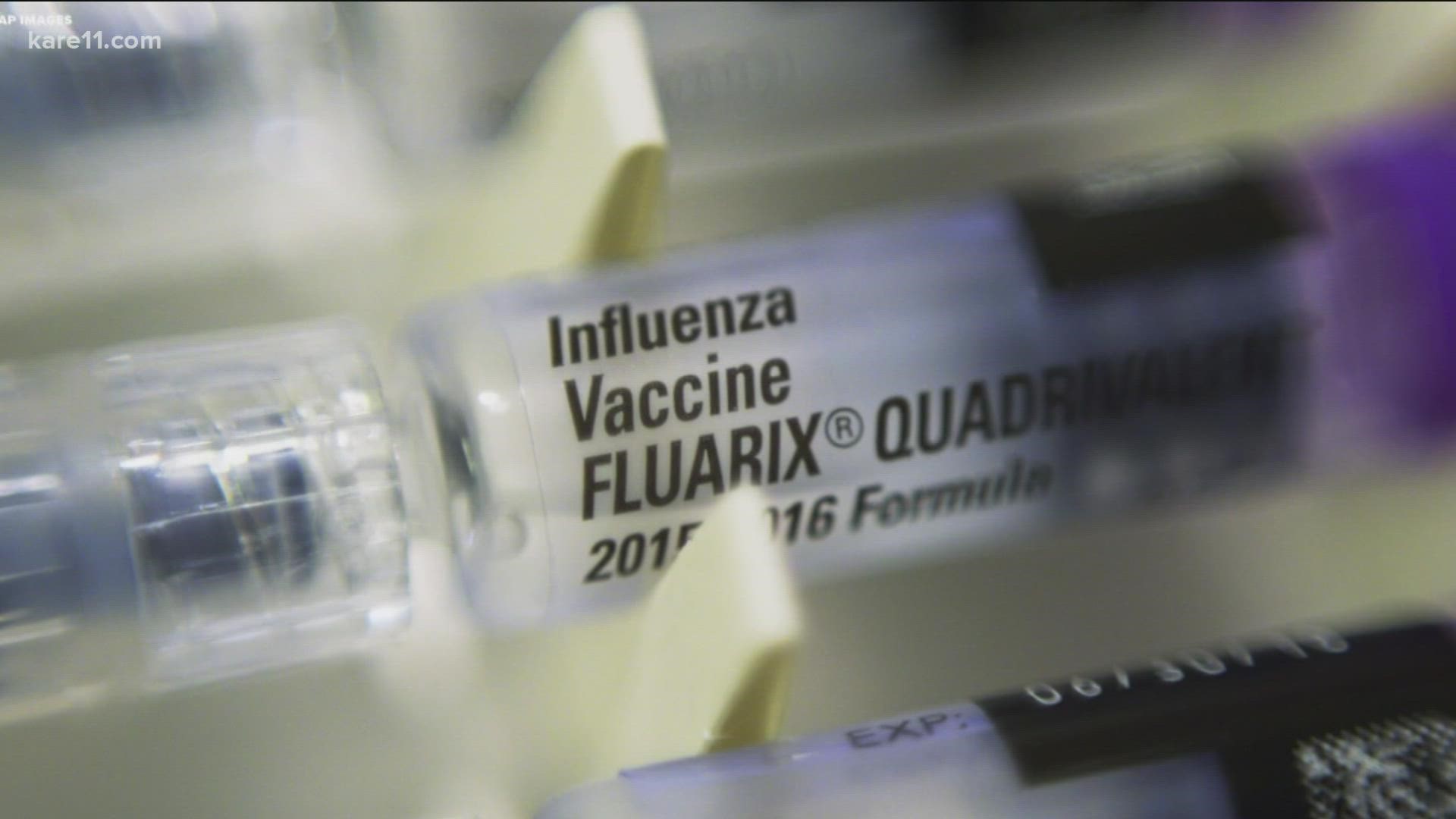MINNEAPOLIS — Dr. Michael Osterholm with the University of Minnesota says it's easy to forget about the flu when you're already dealing with a COVID pandemic.
But up until just recently, he says influenza was the number one biological threat to humans.
"To date we've been lucky in terms of the last 40 to 50 years,” Osterholm said.
That's why Dr. Osterholm, along with the Center for Infectious Disease Research and Policy, and more than 140 experts around the world, are now working together to change the way we study, treat and prevent influenza.
They’re calling it their Influenza Vaccines Research and Development Roadmap.
"These vaccines are largely based on technologies that came from the 1940's — growing virus in chicken eggs — and we need to modernize that,” Osterholm said.
Osterholm says the timing for this new effort couldn’t be better.
The medical community has learned a lot from the COVID pandemic and many of those lessons can be applied to influenza.
He says the timing is also perfect in terms of public perception.
“The world is now aware of what a pandemic can do. People are understanding the toll it can take, the costs it can have on our society and our health,” Osterholm said.
Now that experts have a plan, next is to put into action.
Osterholm says it will take lot of time, effort and funding to make it happen, but in the end, he says that initial investment will pay for itself if we can prevent even just one pandemic.
"Look at what this pandemic has done in terms of global shipping, trade, travel. It has been so costly. It would really be something if we could prevent this in the future. An investment of a lot of money will just be a small down payment to prevent those things from happening,” Osterholm said.

